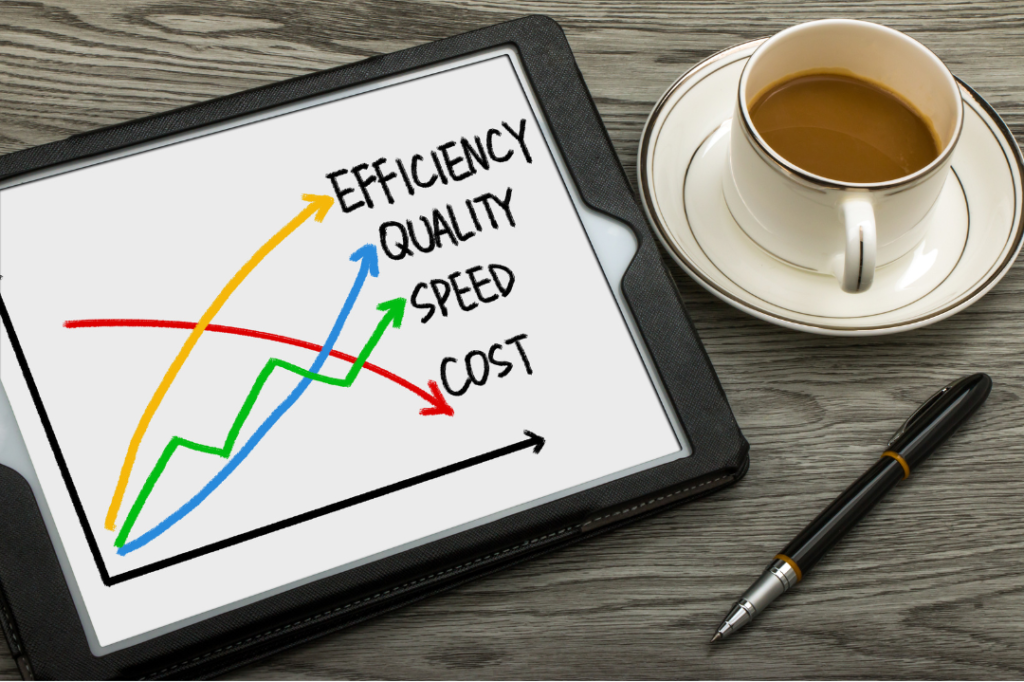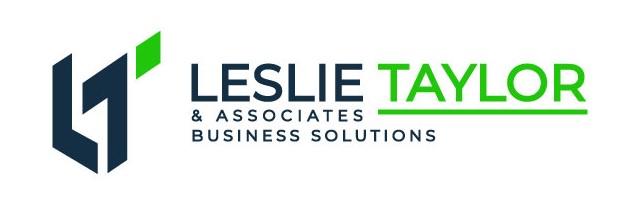In 2000 with just $5,000 in savings and a new idea for women’s undergarments, Sarah Blakely founded Spanx. She personally handled every aspect of the business initially – from product development to marketing and sales.
Blakely didn’t just grow her business; she scaled it brilliantly. Instead of hiring a large sales force, she leveraged existing retail infrastructures. She focused on creating a strong brand and generating word-of-mouth buzz, which allowed her to expand her customer base exponentially without a proportional increase in costs. By 2012, Spanx had grown into a billion-dollar company with Blakely becoming the youngest self-made female billionaire at the time.
What’s remarkable about Blakely’s scaling strategy was her ability to maintain a lean operation. Even as Spanx expanded globally, she kept her team small and avoided taking on debt or external investors for a long time. This approach allowed her to scale revenues at a much faster rate than costs, embodying the true essence of scaling a business.
What exactly does it mean to scale? First, let’s break down growing versus scaling.
“Growth means adding revenue at the same pace you are adding resources.” – Harvard Business Review
When a business increases revenue at the same rate as new resources (people, services, equipment, software, etc.), that business is working harder without making significant progress. Revenue increases, but profit is not improving in a significant way.
In other words, bravo for obtaining more clients and customers, but your expenses and costs just ate up any real gains.
“Scaling means adding revenue at a much greater rate than costs.” – Harvard Business Review
Both instances involve revenue growth. Revenue is the engine that allows the business to be in business and function. However, scaling requires control over your operations so you can grow more profitably and do so with less effort and proportionally fewer resources.
Who wouldn’t want that?
Blakely’s story, like that of many successful businesses, showcases the power of scaling versus merely growing. It’s a testament to how strategic thinking and efficient operations can transform a simple idea into so much more.

Consider These 6 Strategies for Scaling Well
Increase Efficiencies
The name of the game is to reduce the cost of doing business. One way to do this is by developing standardized processes and systems for completing work. This will not only reduce errors among your team, but will allow you to save time and continually optimize.
Introducing automation and technology is a great way to reduce the time (and cost) it takes to complete tasks. One of my favorite tools for automating the financial process is a software called Hubdoc, which I have mentioned before. It makes financial document management easier by helping business owners keep track of all their receipts and invoices and integrating with bookkeeping to save time and money on bookkeeping tasks.
By incorporating optimization practices into your business, you will eventually be able to deliver the same product or service with fewer resources and at less cost. Or, in other words, you will be able to deliver more with less. Now you’re beginning to scale!
Manage Costs and Expenses
The best way to manage cash flow is to look at and understand your cash flow, that includes income and expenses. It sounds simple, but many business owners don’t know or track cash flow. Some owners believe they can track it all in their heads. But, as businesses grow, hire, run payroll, purchase equipment, and take out loans, things can get complicated. When this happens, it’s time to hire a professional.
By getting organized and tracking how much you spend, you will be able to better control how much you spend and ensure you are on track to scale.
Embrace Strategic Partnerships
Strategic partnerships can be a game-changer for scaling your business. Collaborating with other businesses or organizations can open new avenues for revenue, provide access to new customer bases, and even share operational costs. For example, a marketing firm partnering with a web development company can offer more comprehensive services to clients, leveraging each other’s strengths without incurring the full costs of expanding internally.
Leverage Data-Driven Decisions
Making informed decisions based on data can significantly impact your ability to scale. Regularly analyze your financial statements, customer feedback, and market trends. Tools like QuickBooks or Xero can help streamline this process, providing insights that guide strategic decisions.
One next-level strategy is to run reports with different future scenarios. For instance, “If I hire 1 person versus 2 am I still profitable?” or “How much will I need to sell each month to ensure I can still pay salaries and benefits to my new hires?”
If interpreting this data feels overwhelming, consider consulting with financial professionals like us to help make sense of the numbers and drive profitable decisions. Schedule a Discovery Session today!
Explore a New Business Model
From software to razor blades, businesses are turning one-time purchases into ongoing relationships. Why? Because recurring revenue is like the holy grail of business – predictable, stable, and growing over time without constant sales chasing. Then there are platform-based businesses like Uber or Airbnb. They’ve cracked the code on scaling by connecting buyers and sellers without owning all the assets, growing users and transactions much faster than costs.
Now, I’m not saying you need to completely overhaul your business model overnight. But it’s worth thinking about: Could parts of your business benefit from a subscription model? Is there a way you could create a platform within your industry? Remember, scaling isn’t about working harder or doing more of the same. It’s about finding smart ways to grow your revenue much faster than your costs.
Invest in Your Team
Last, and probably most important is your team. Your team is one of your greatest assets. Investing in their development can lead to improved performance and innovation. Consider offering training programs, professional development opportunities, and creating a positive work environment to boost morale and productivity. A well-trained, motivated team can help drive your business forward, enabling you grow efficiently and scale more effectively.
Want to Learn More Profitable Strategies for Your Business?
Check out my free guide, “5 Things You Must Do If You Want To Increase Your Profits.”

